When she was a high school student in central Brooklyn, Sadiqah Whittington had never received any instruction on one of the most urgent issues facing humanity: climate change.
Now, as a member of the community design team for the City of New York’s recently announced experimental climate education campus, the 19-year-old is excited to create opportunities to prepare her community for the climate jobs of the future.
“We aren’t building a generic school, we are catering it to students in Central Brooklyn,” Whittington says. “Kids from my neighborhood have not only not gotten an excellent education but haven’t even gotten a basic education that will prepare them to enter the workforce in some cases.”
Last September, the City of New York signed a lease with the National Park Service which contained provisions for required improvements to the historic Floyd Bennett Field including the creation of an experiential learning campus. A local nonprofit, the Runway Green Education Collective, has created plans for a $65 million, 7-acre experiential learning ecosystem dedicated to training the next generation of students in climate careers.
It’s a concentrated effort by the city to tackle two of the biggest societal problems of our time: the climate crisis and income inequality. The campus is focused on delivering climate training for the city’s Black and Brown communities and has a unique workforce development component given that the collective plans to award credentials to the high schoolers.
The Runway Green Education Collective will manage the education ecosystem, which will include a public high school for students from central Brooklyn surrounded by a 3-acre farm, hydroponic greenhouse, rooftop solar-panel workshops, science labs, an amphitheater and more.
“We are going to build a world-class learning environment for public school students who have often been denied access to world-class learning environments,” says Geoffrey Roehm, executive director of the Runway Green Collective. “Over 70% of New York City public school students are economically disadvantaged. The majority of these students would not have the opportunity to attend a world-class learning environment.”
The new high school is scheduled to open in 2026 and the full campus will open by 2028. Once in place, the Runway Green Education Collective will host approximately 50,000 K-12 public schoolers from across the city annually on the campus to learn hands-on skills on sustainability while earning credentials to pursue green careers.
_(c)_SCAPE_920_518_80.jpeg)
A rendering of plans for the Brooklyn STEAM Center (Photo courtesy Runway Green Collective)
The Floyd Bennett Field, which has made headlines recently for being the site of a controversial migrant center, is a former airfield built in 1928 that was once known as a groundbreaking site for aviation innovation. Named after Floyd Bennett, an aviator who became the first person to fly a plane over the North Pole, the new campus is continuing the esteemed legacy of the field as a hub for advancements in emerging industries.
As part of the planning of this new school, the community design group toured the Brooklyn STEAM Center, a career and technical school for 11th and 12th graders that provides industry-aligned training in five different career pathways.
“We are studying incredible education organizations and schools across the country to see how people are equitably supporting kids in their K-12 journey and trying to bring all of that information together,” says Roehm.
The team traveled to Memphis to tour Crosstown High School and University High School to study models of the learning environment they hope to create. In addition, “we got a lot of advice from teachers, administration, and teachers about how students were involved in the process of creating the school,” Whittington adds.
Their aim, Runway Green Collective’s leaders explain, is to develop programming to support both the students attending high school on campus as well as all the public school students who will visit the campus.
NYC nonprofits and education institutions, including CUNY’s Science & Resilience Institute, Jamaica Bay Rockaway Parks Conservancy and the Billion Oyster Project, will lead programming on the campus.
“Runway Green can play the role of tying these experiences together on campus into what we are calling an education ecosystem,” Roehm says. “So it’s not just one-off organizations offering one-off experiences, but a cohesive education ecosystem that works in conjunction with one another to support kids in having amazing experiences and support kids in being able to develop in really powerful ways.”
This story is part of a larger trend of greater government funding being put towards climate education and training. In December, the state of New York introduced a Senate bill that would require climate change instruction in all public elementary and secondary schools.
“I’m most excited about the opportunity for this scale of impact and for kids to be able to engage in the most important kind of learning they can do, which is solving real problems,” Roehm says. “This opportunity to utilize an incredible piece of New York City that is really not known well and engage kids in that kind of authentic and important learning that will motivate them and stoke their passions is really exciting.”
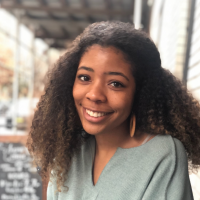
Mia Jackson is a master's student at the Bartlett School of Architecture, University College London. Her writing about cities, health and innovation has appeared in Newsweek, The Daily Beast, The Virginian-Pilot and elsewhere.

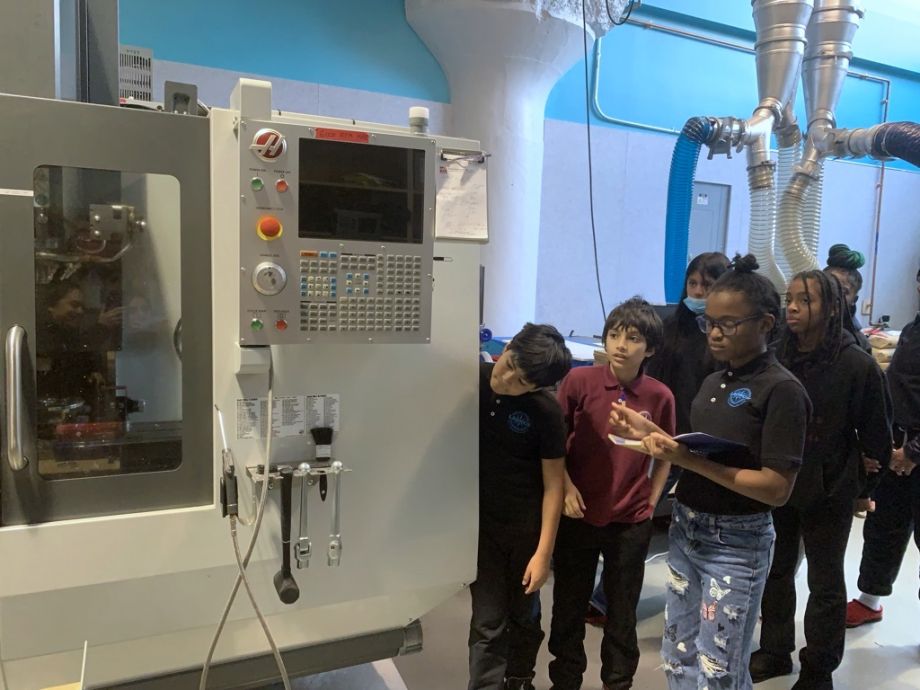
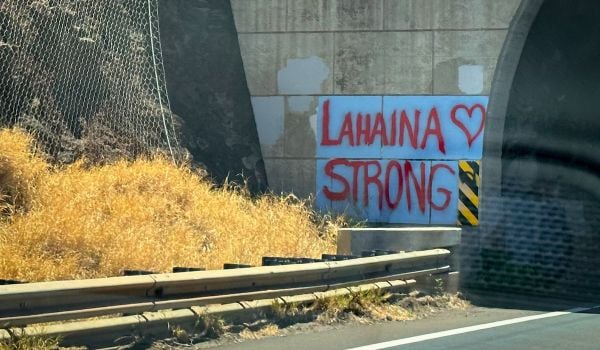
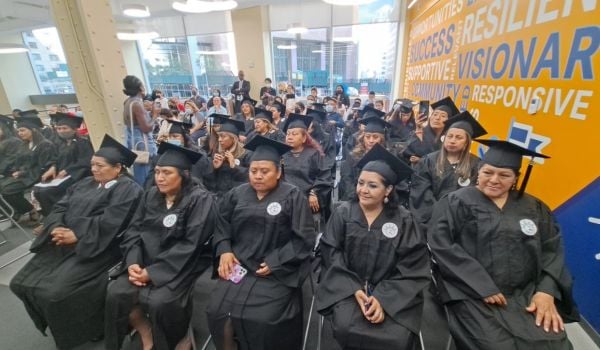
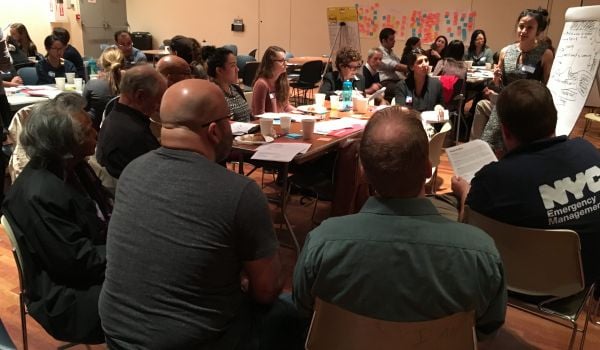
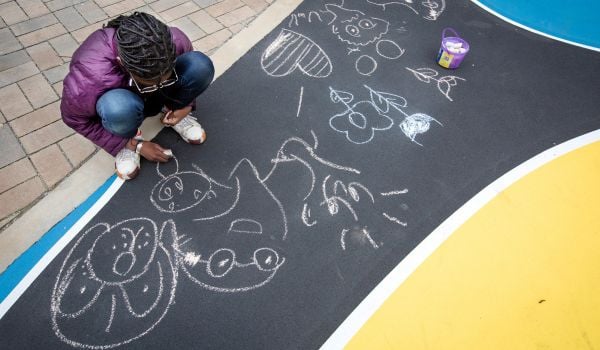
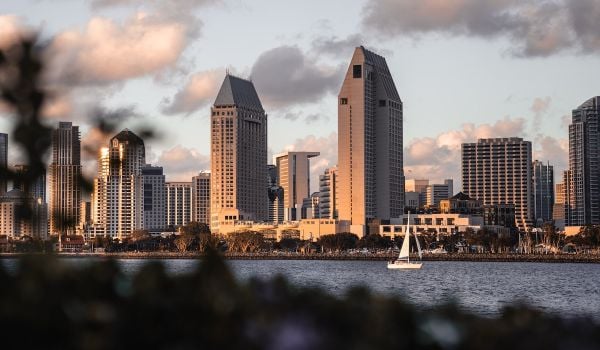










Add to the Discussion
Next City sustaining members can comment on our stories. Keep the discussion going! Join our community of engaged members by donating today.
Already a sustaining member? Login here.